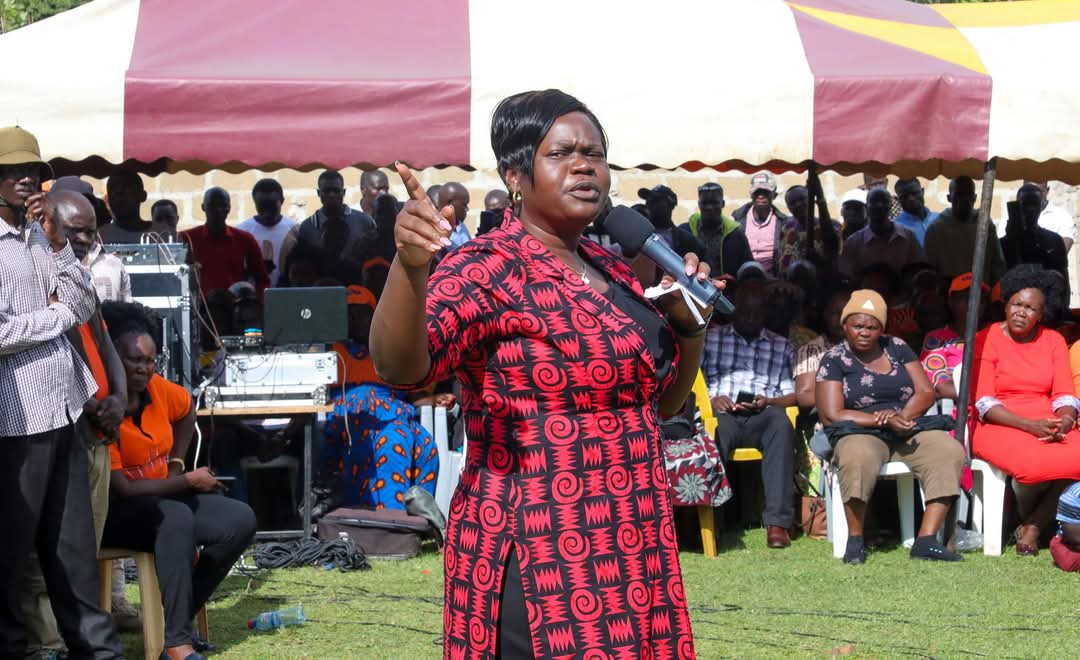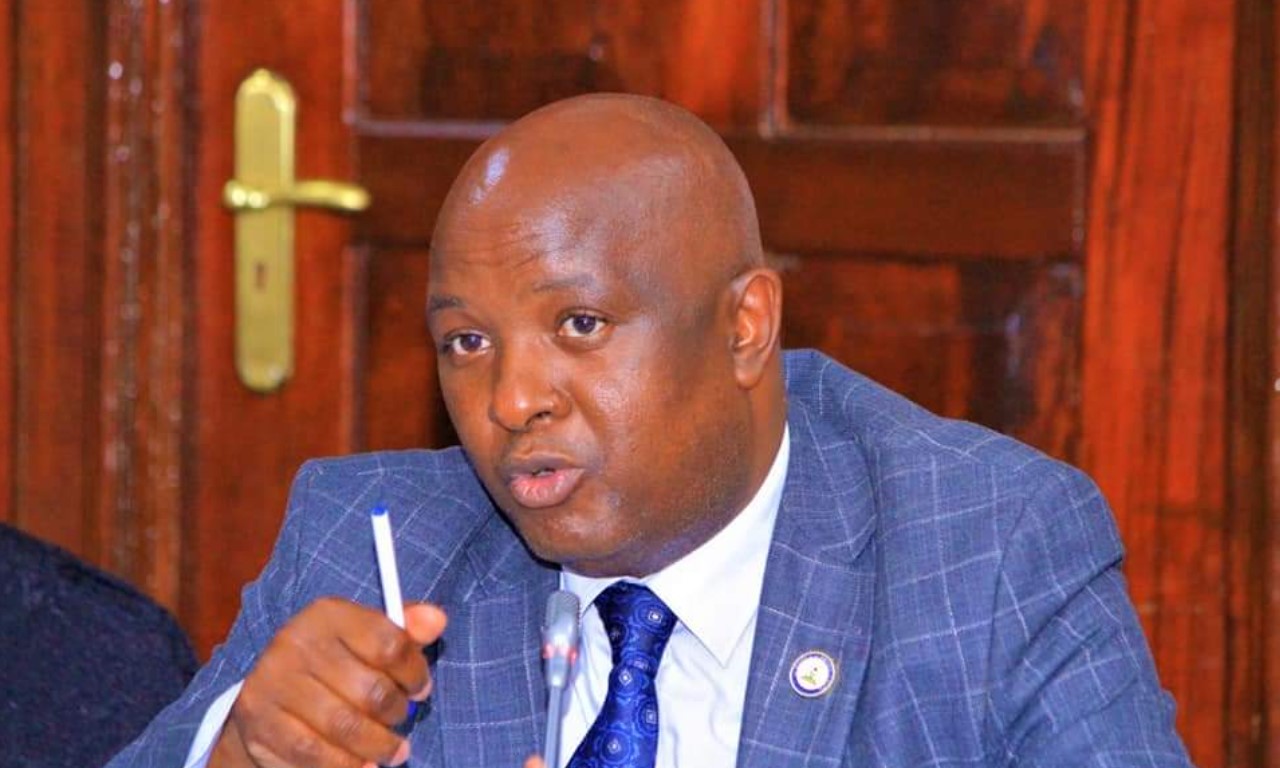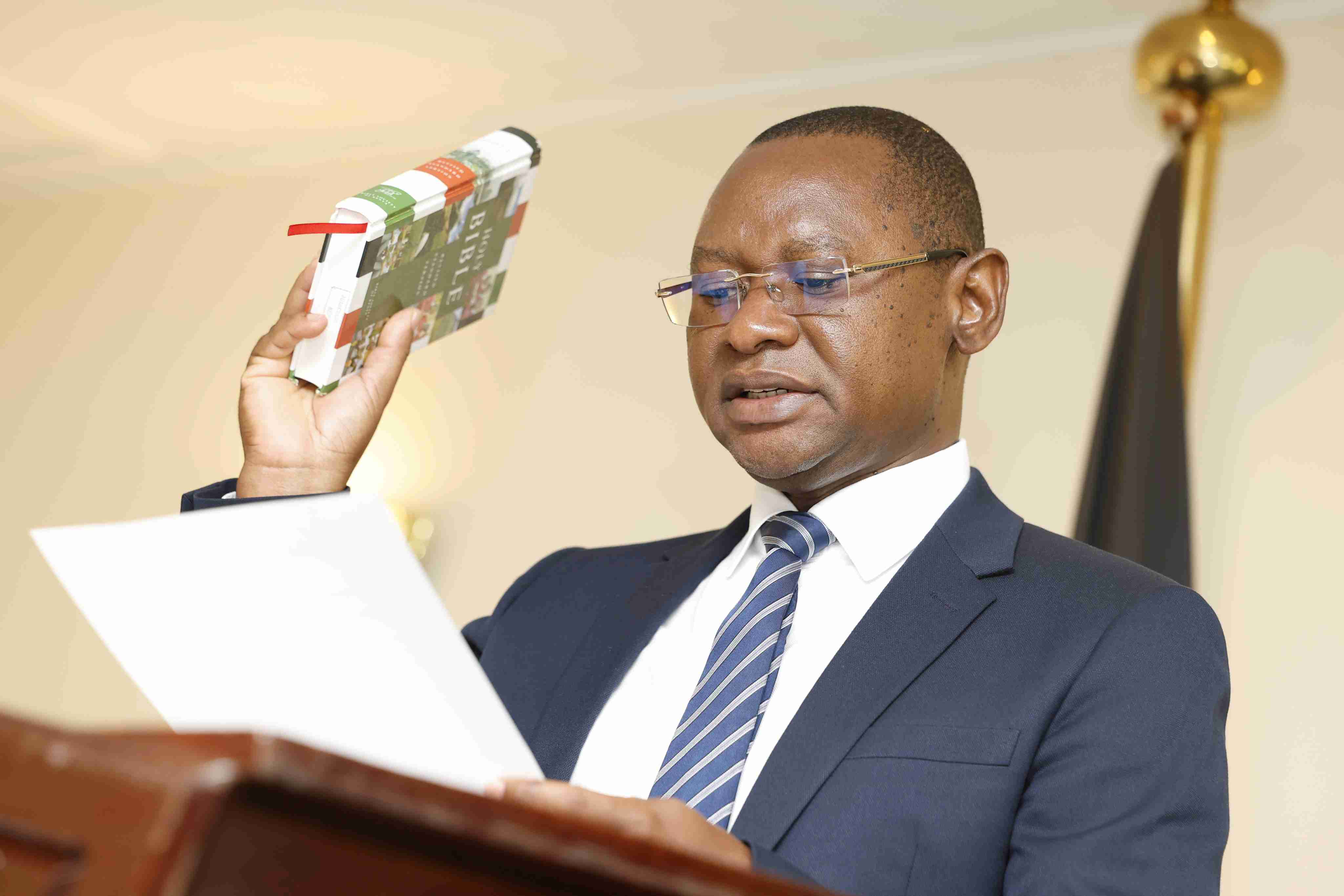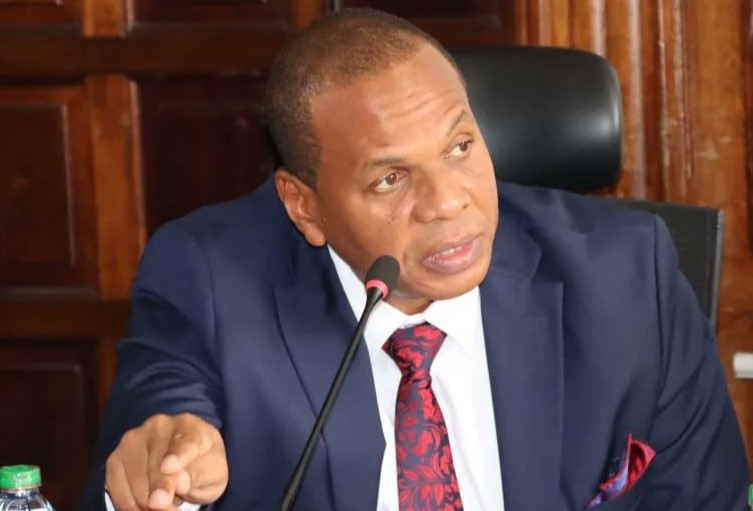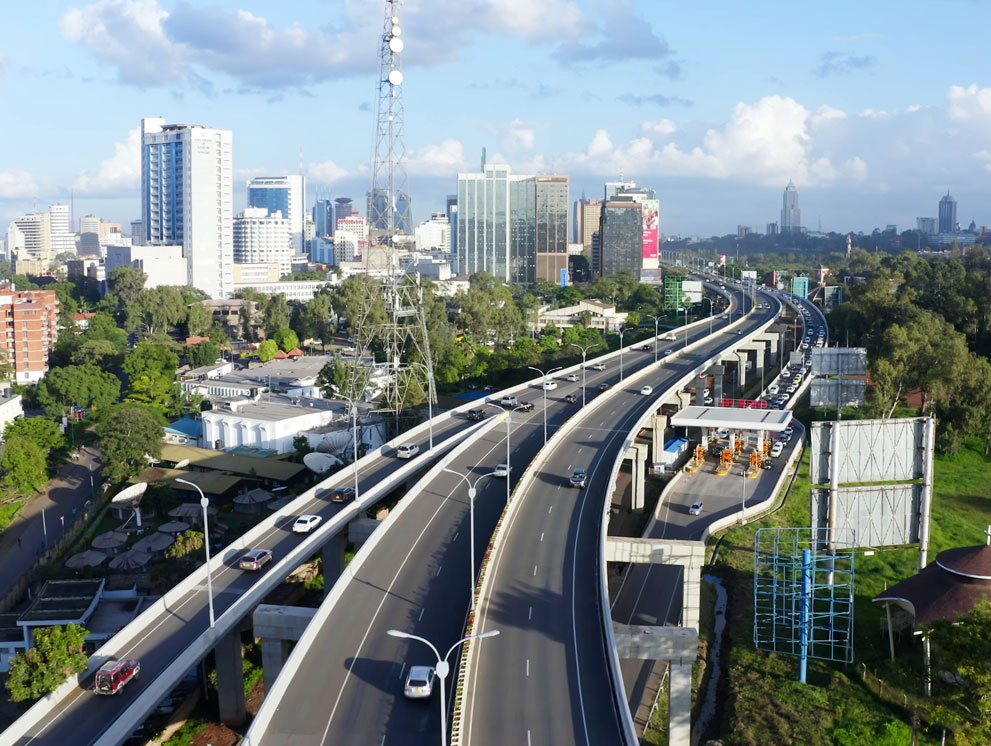Kenya’s justice system under strain amid rising mob justice, overcrowded prisons

Experts warn that the lack of coordination among public officers and infrastructure deficiencies are worsening access to justice.
Kenya’s justice system is facing mounting pressures, with overcrowded prisons, poorly funded legal aid, and incidents of mob violence reflecting systemic weaknesses.
While corruption cases are rare, ordinary citizens, especially those living in poverty, often spend long periods in remand for minor offences or the inability to afford bail.
More To Read
- CJ Koome urges contextual enforcement of Marriage Act, stronger family justice system
- Murkomen warns perpetrators of by-election violence will face action
- Murkomen warns politicians against deploying supporters to by-election tallying centres
- Judiciary faces Sh576.6 million pending bills amid budget review
- Murkomen defends recall of Natembeya's security detail ahead of Thursday's by-elections
- Over 31,000 SGBV cases filed as courts improve response, Judiciary Report shows
Experts warn that the lack of coordination among public officers and infrastructure deficiencies are worsening access to justice.
Interior Cabinet Secretary Kipchumba Murkomen admitted that some police officers encourage Kenyans to take the law into their own hands when courts release suspects.
"Some of the mob justice is encouraged by the police. In fact, in most cases where suspects are arrested, taken to court, and released, it is the police who prod the people to 'do something'. They then start investigations, and when questioned, they claim the matter is still under investigation," Murkomen said on Monday.
Attorney General Dorcas Oduor revealed that Parliament had passed 50 laws later declared unconstitutional, and 60 others were outdated. She noted that poverty keeps many in remand, and lack of funding for the Legal Aid Office prevents early resolution of cases before they reach court.
The National Council on the Administration of Justice (NCAJ) report, launched by Chief Justice Martha Koome, shows corruption cases account for just 0.1 per cent of 96,679 serious crimes reported to police in 2024-2025.
In contrast, offences against persons, including grievous harm, assault, bullying, theft, and drug-related crimes, are the most common, with 24,733 cases alone.
Murkomen also criticised public officers working in silos, which he said encourages bribery. Chiefs and officers commanding police stations often fail to cooperate, undermining justice.
"Chiefs are supposed to work with the police, but they refuse. People operate in silos to collect bribes. If an OCS tells an illicit brewer, 'Don't worry, that chief has no powers, I will release you,' it undermines justice. The DPP then leaves DCI officers struggling on their own because they are compromised - and sometimes even the magistrates," he said.
Prison overcrowding remains a major concern.
Oduor highlighted that many inmates cannot afford bail, and children are unnecessarily held in correctional facilities.
She emphasised that proper funding for the Legal Aid Office could prevent many cases from reaching court. The report recorded 177,482 cases involving child offenders, with Nairobi leading at 24,121.
As of the 2024-2025 financial year, Kenya had 59,013 adult prisoners: 36,575 convicted and 22,436 on remand, a slight decline from the previous year.
Men make up 92 per cent of the prison population, while women account for eight per cent. Of note, the number of people imprisoned for failing to pay debts rose to 873 men and 333 women, up from 585 men and 154 women previously.
Chief Justice Koome pointed to underfunding and poor infrastructure as major obstacles to fair justice.
Law Society of Kenya (LSK) President Faith Odhiambo reinforced the message, citing Kericho Court as an example of facilities in dire condition.
"Even basic facilities are lacking. There are no accessible toilets for people with disabilities or children. Virtual courts require literacy and access to technology. The cost of filing cases is prohibitive. For bond, you're asked for a letter from the chief, who then demands Sh200, which could have been used to buy food," Odhiambo said.
Inspector General of Police Douglas Kanja pledged to restore public trust and strengthen law enforcement.
"Trust between the police and the public is fundamental to justice. As the first point of contact in the justice chain, the National Police Service reaffirms its duty to uphold the rule of law, ensure accountability, and protect the vulnerable through community-centred policing," he said.
The NCAJ report further revealed that offences involving police officers increased from 203 to 242, while complaints lodged at the Independent Policing Oversight Authority (IPA) slightly decreased from 1,092 to 1,010.
Top Stories Today
